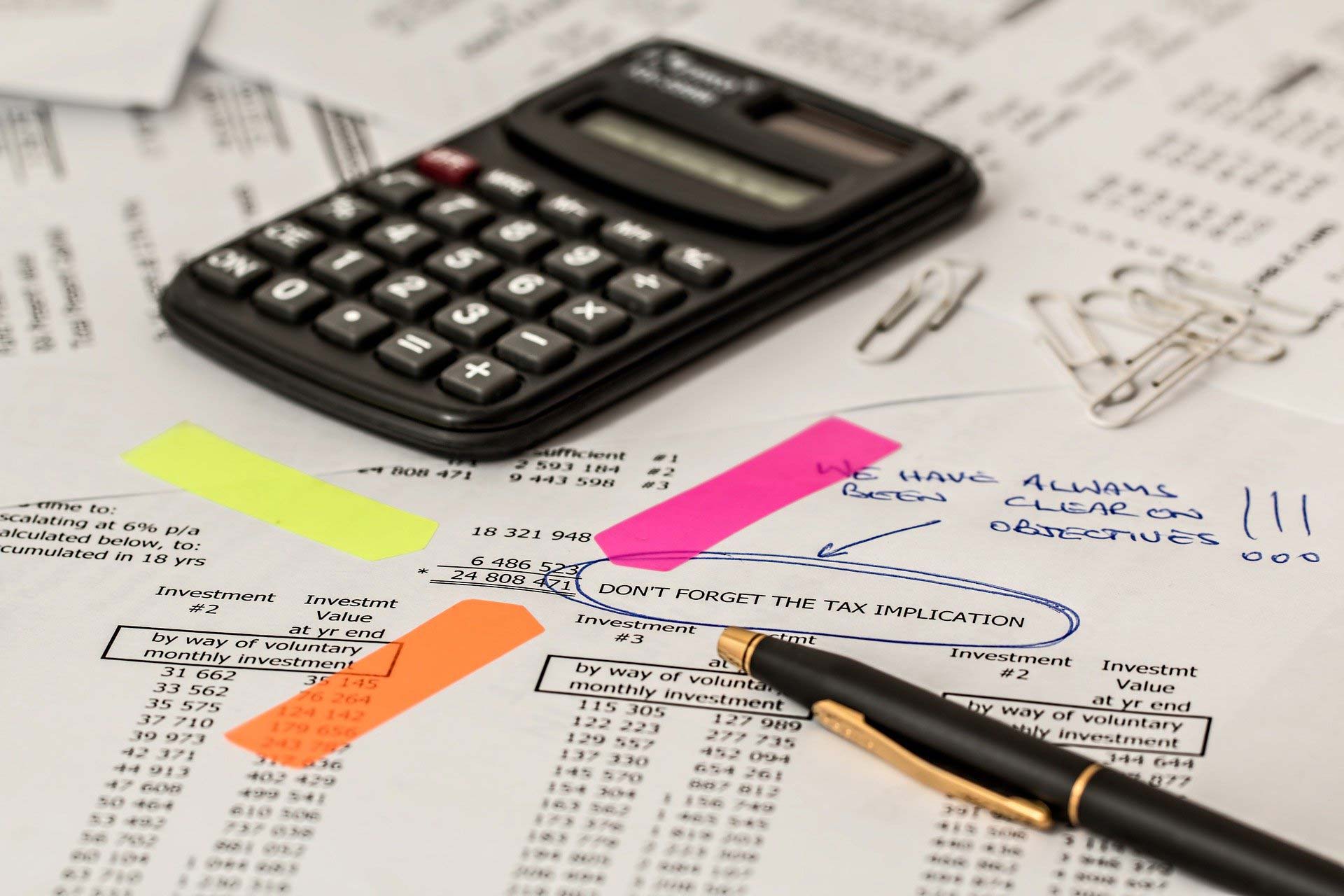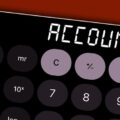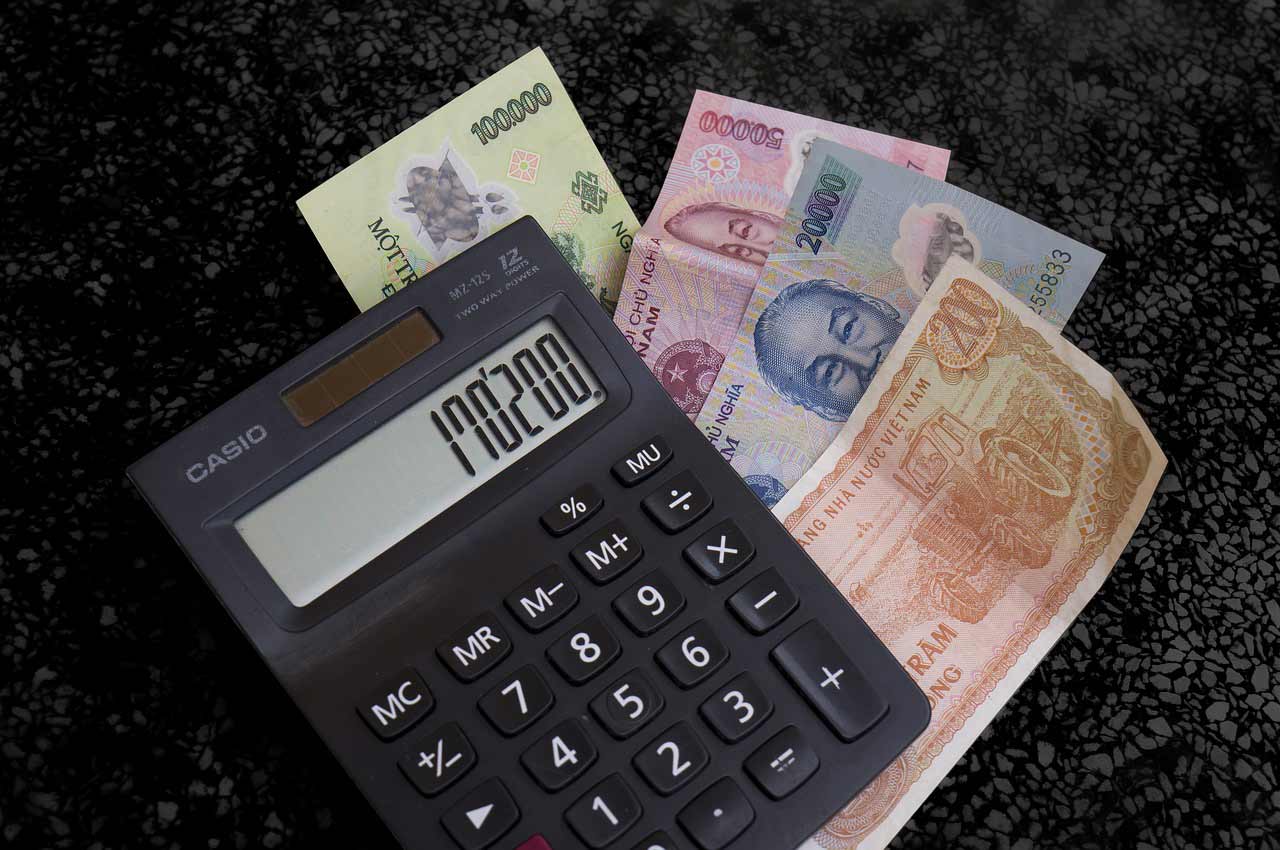This time, I would like to introduce the outline of accounting and bookkeeping in Vietnam.
Vietnam is currently using its ownVietnam Accounting Standard, We are improving the so-called VAS. By 2025, most recognized in the worldIFRSThere are many reports that it will be integrated into. Under such circumstances, it is important for corporations investing in Vietnam to properly understand the regulations and rules related to accounting and bookkeeping in Vietnam. Therefore, this time, I will introduce the accounting and bookkeeping in Vietnam in an easy-to-understand manner.
- Vietnam employs a unified set of accounting and bookkeeping known as the Vietnam Accounting Standards (VAS).
- Investors need to be prepared for the future, as Vietnam is considering introducing IFRS, the world's most popular accounting language, by 2025.
- Understanding regulations related to accounting and bookkeeping is an important cost consideration for investors.
Vietnamese accounting and bookkeeping
Vietnam has adopted a uniform accounting and bookkeeping standard, which shows how the costs and revenues of companies operating in the border need to be recorded. Known as the Vietnamese Accounting Standards (VAS), these generally accepted accounting principles (GAAP) serve as the primary guideline for how accounts and books are created and recorded.
Vietnamese accounting framework
Foreign-affiliated companies operating in Vietnam are required by law to record in accordance with Vietnam Accounting Standards (VAS) when conducting financial transactions. Foreign companies can choose to maintain two accounting records. One is based on VAS and the other is integrated exclusively for overseas headquarters.
In reality, many foreign companies book their accounts in accordance with VAS and prepare their financial statements separately for each quarter in accordance with International Financial Reporting Standards (IFRS).
Vietnamese accounting and bookkeeping currency
Perhaps the most important factor in bookkeeping is the currency unit. This is a very important factor that has a significant impact on foreign exchange gains/losses, foreign currency translation adjustment accounts, etc. when the organizational structure is such that Vietnam has a parent company overseas and a local subsidiary in Vietnam. is.
Vietnamese accounting currency selection
In Vietnam, foreign currency can be selected as the accounting currency unit. However, once a foreign currency is selected as the display currency, a company cannot change the foreign currency except in special circumstances, such as when there is a significant change in the company's transactions.
In addition to preparing financial statements in a foreign currency of their choice, companies must convert their financial statements to Vietnamese dongs before submitting them to Vietnamese authorities. For this reason, many companies use the Vietnamese dong as the display currency.
What you need for Vietnamese accounting
- Whether it is Vietnamese (can be written together with foreign language)
- Vietnam Dong (VND) is used as accounting currency, but foreign-affiliated companies (FIE) can select foreign currency
- Vietnam Chart of Accounts Compliance
- Preparation and signature of VAS-compliant financial statements and company judgment
Future of accounting in Vietnam
The Vietnamese government will now adopt the International Financial Reporting Standards (IFRS) as an alternative to VAS. The government wants to implement IFRS by 2025, which was a request from listed and FDI companies. This is in line with international accounting standards, and has been evaluated as important in order to increase the transparency and effectiveness of corporate governance.











